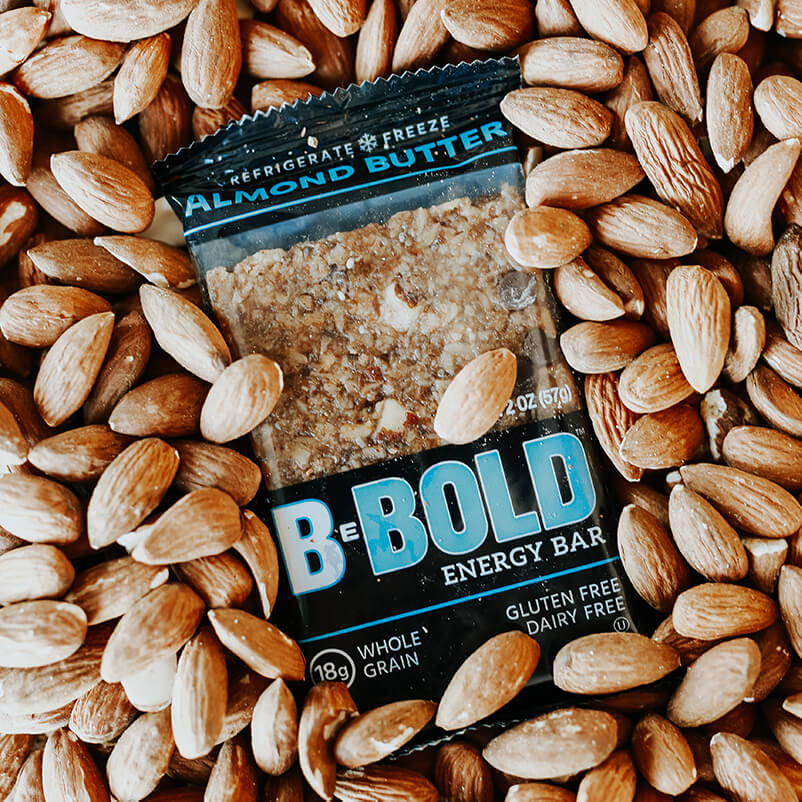There’s a lot of diet advice suggesting that we should eat as few calories as possible. Being “healthy” is often equated with cutting calories. But this connection may not actually be sound advice. While regularly overeating can lead to potential health concerns, lower calorie does not always mean healthier.
Calories Provide Energy
First, it’s important to remember that calories are energy. Eating foods that provide adequate calories is what enables us to perform daily activities — from working and taking care of our families to exercising. Undereating can lead to a slower metabolism, poor sleep, digestive problems, poor mental focus, and fatigue. When you undereat, you have a greater chance of missing out on important nutrients that your body needs to thrive. Lastly, eating too few calories at one or many meals can actually lead many people to overeat at another occasion.
Calories Don’t Consider Nutrient Content
The number of calories in a food tells us very little about the nutritional content of a dish, both from a macronutrient (protein, carbs, and fat) and micronutrient (vitamins, minerals, and phytonutrients like antioxidants) standpoint. For example, one ounce of almonds has about the same number of calories as one ounce of pretzels. Almonds, however, are more nutrient dense, providing fiber, poly and monounsaturated fats, vitamin E, calcium, magnesium, and some other phytonutrients. Pretzels on the other hand just provide refined carbohydrates and offer little when it comes to nutrition. The almonds are also certain to keep you full for longer because they contain fiber, fat, and a little protein, whereas the pretzels will be digested very quickly because they are made from refined carbohydrates.
Eating meals and snacks that emphasize nutrient-dense food not only boost your overall nutritional intake — an important factor for health — it also sets you up to have consistent energy throughout the day, and makes it less likely that you will find yourself snacking all day or overeating at meals.
Healthy Fat Provides More Calories than Protein and Carbs
Without getting too scientific, it’s helpful to understand that fat provides more calories (9 calories per gram) than protein and carbs (4 calories per gram) by weight. This is why one ounce of almonds looks a lot smaller than one ounce of pretzels. For years, we were told to follow a low-fat diet for both health and weight management, but it turns out that advice was a little misguided. Eating the right fats — primarily those that come from plant sources (nuts, seeds, avocado, and olive oil) — is important for both. Replacing sugar and refined carbs with healthy fats has been shown to reduce risk for cardiovascular disease and diabetes. In addition, fat slows digestion, keeping blood sugar more stable, and helping you avoid big energy spikes and crashes. Eating enough fat may also help regulate your appetite, helping you to eat less overall.
Bottom Line
Calories tell us very little about the nutritional value of a food, and how that food will serve you. Aiming to eat the lowest calorie option can actually backfire as well, leaving you feeling hungry and more likely to crave sugar, which is quick energy. Instead, focus on choosing nutrient-dense foods that contain protein, fiber, and fat at both snacks and meals. Learn to pay attention to how your body responds to these different foods and which foods keep you energized for longer.
BeBOLD bars are a nutrient-dense snack filled with protein, fiber, and fat from the whole grains, nuts, and chia seeds, and are sure to give you the energy you need between meals.
Sarah Gold Anzlovar, MS, RDN, LDN is a registered dietitian and the owner of Sarah Gold Nutrition, a virtual private practice and nutrition communications consulting business in the suburbs of Boston. She empowers busy moms to learn to eat to feel their best without the stress.

